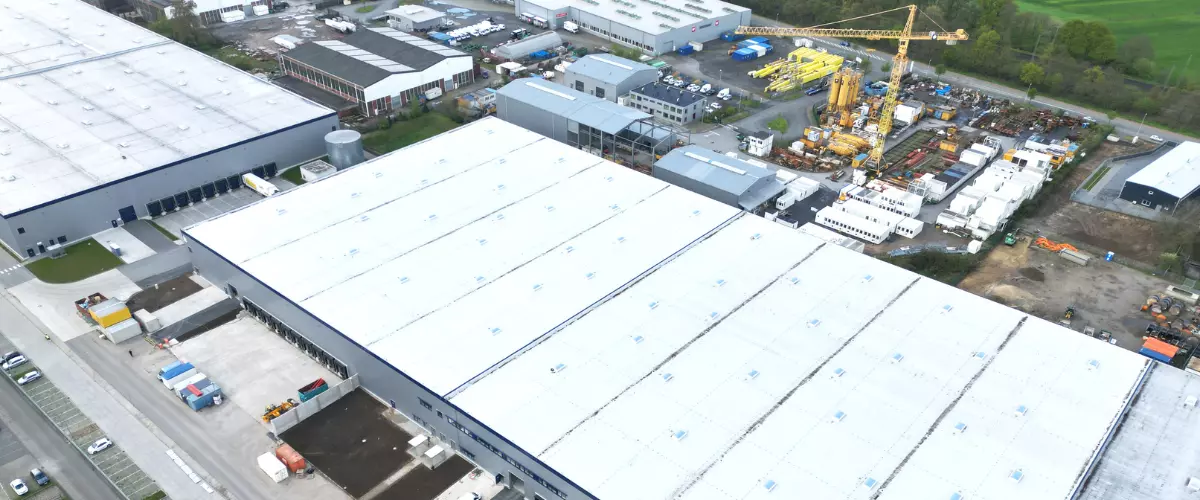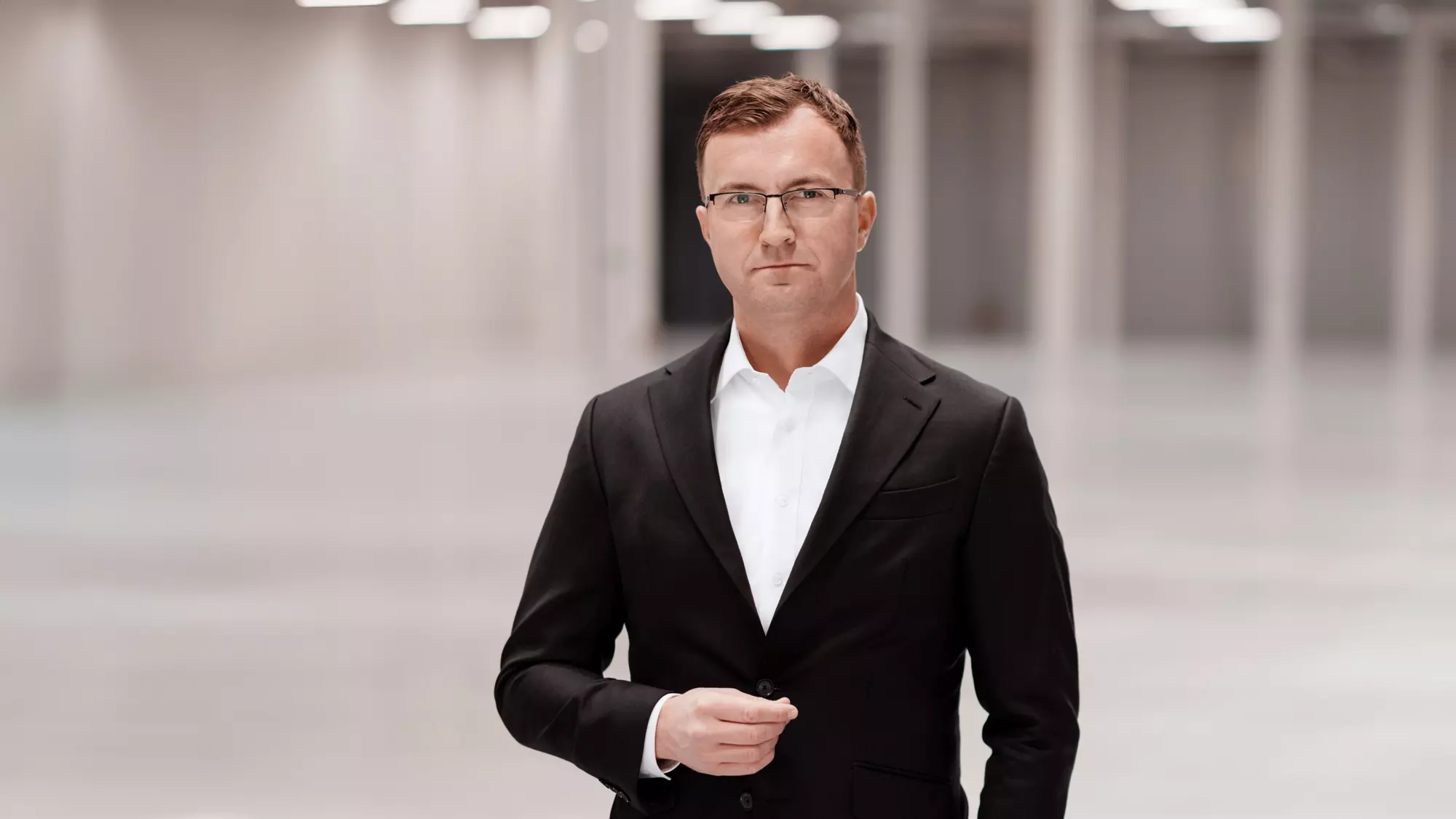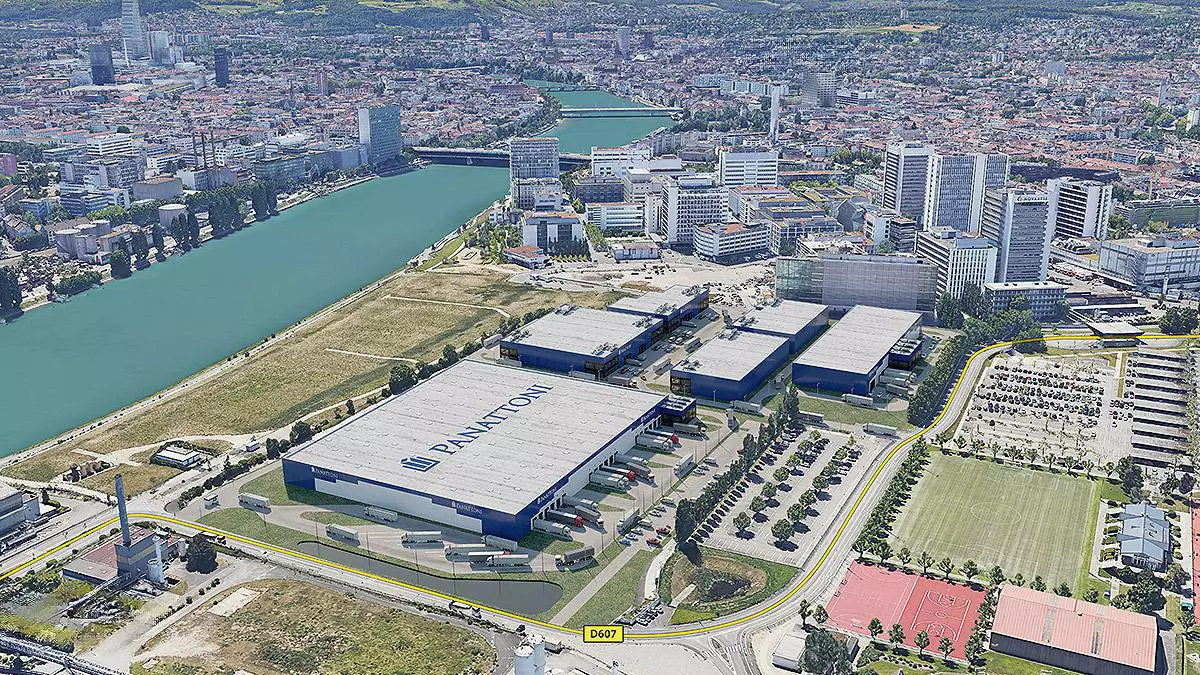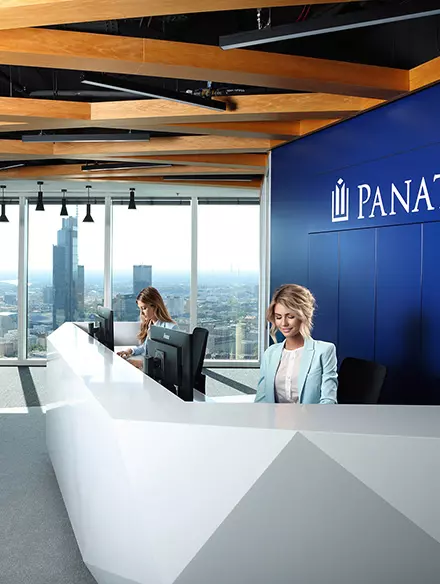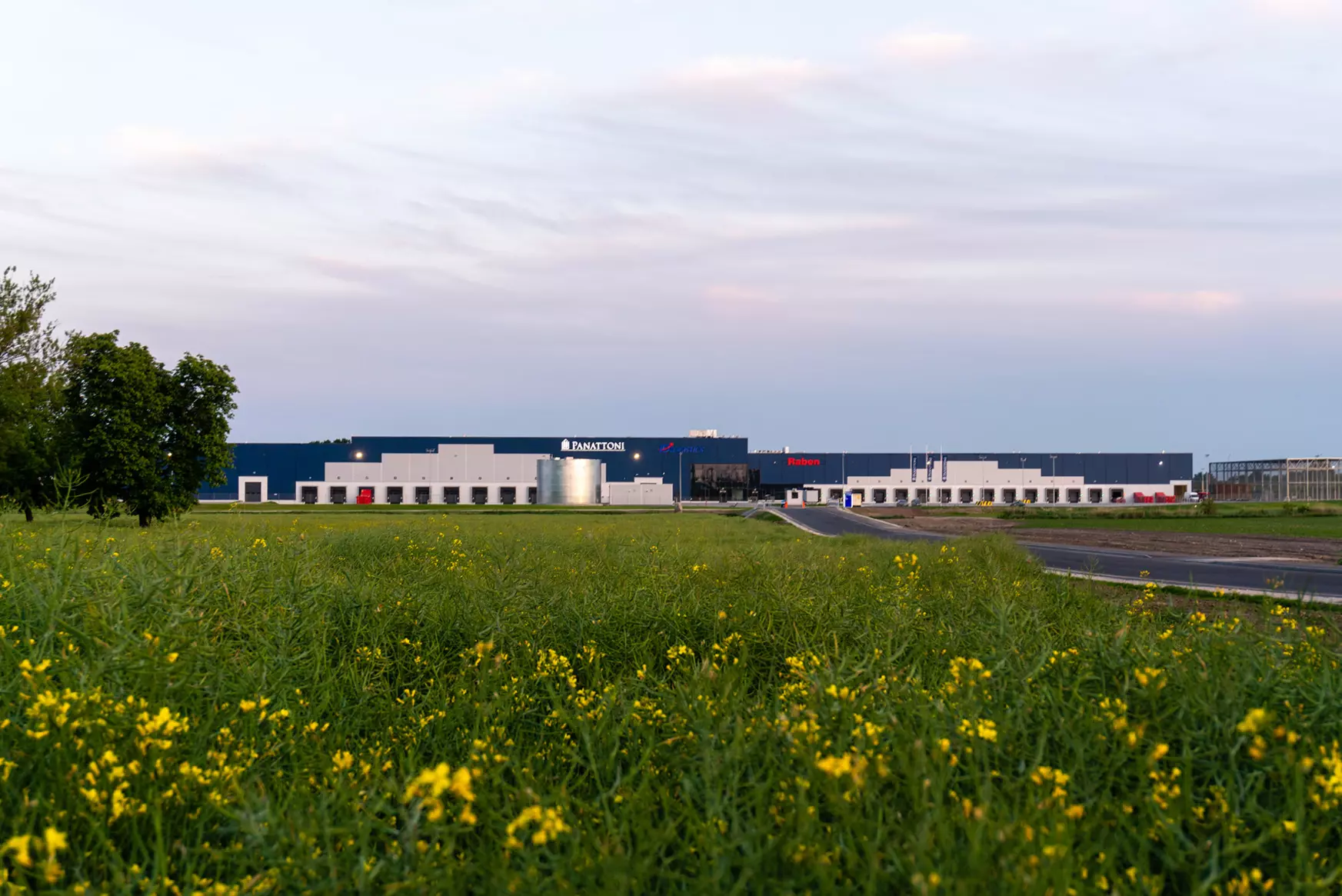
Melting ice caps, rising sea levels and the climate change that goes with them are the topics that are slowly beginning to dominate discussion about the future of the world in the 21st century. Even school children have already been on strike to demand immediate action to save the climate. However, you cannot reduce greenhouse gas emissions, which are the cause of global temperature rises, without a huge investment in the economy, further development of green technology and changes in the way companies themselves operate. Many of these companies know that success depends on long-term thinking and balancing their operations’ financial considerations with the social and environmental challenges. For other organisations, if they do not take up these challenges in the near future, they will soon be forced to do so by financial institutions, investors, clients and new European Union regulations. This can clearly be seen in the real estate sector because the energy efficiency of buildings and the circular economy of their waste management are some of the pillars of the EU taxonomy classification system. The green revolution has already happened in offices and right now it is starting to take hold in the warehouse and industrial space market, in which I work. Soon it will have an even wider effect as it takes hold in the residential construction market.
A challenge for the economy and firms
The New European Green Deal is a roadmap of the actions to be taken to protect the environment and combat climate change so that by 2050 the European continent will be carbon neutral, while also conserving the natural environment, maintaining sustainable economic growth and improving the lives and well-being of its citizens. Implementing an energy transformation, not only requires action from states and governments but also and perhaps above all from companies. The changes this entails in the way they operate and think about their businesses are already evident. They are no longer corporations that think solely about making profits to distribute to their shareholders. Sustainable development has become important to their operations and so have the effects that these companies have on the natural environment and society. Investing in ecological solutions is no longer seen as an unnecessary cost but as a good investment that will bring measurable financial savings in the future and benefits in the form of conserving the environment and this is also now being reflected in the valuations.
A company that doesn’t start investing in being ecological is not going to have a market in a few years. Maintaining an image of being responsible for the climate and the ecology is also becoming more important for clients, investors and workers. This is something I learnt about in Panattoni, which has been pursuing the concept of sustainable development for many years making it a trustworthy business partner. Regulations are also causing changes. Right now, the European Union is negotiating on how to implement what it calls its taxonomy, which comprises recommendations and guidelines on how to finance sustainable development and how companies should report non-financial activities that have an impact on society and the environment. Additionally, the regulations are being altered to make it easier to finance ventures that may lead to a zero-emission economy and thus support and promote organisations that actively apply green solutions at many levels of their operations.
Green financing
We are already seeing changes in financial institutions because they play an important role in the transformation to a low-emission economy. Increasingly often, they are writing into their strategies that they want to limit damage to the natural environment and also above all supporting their clients in their actions to protect the climate and limit emissions. Already over 200 banks with over 1.7 billion clients across the world have signed up to the UN’s Principles for Responsible Banking and are working together to change energy usage and ensure that financing is available for green projects.
One example of this is the decision taken by a range of banks (which include banks in Poland) to stop financing projects to extract coal or construct coal-fired power stations. Others will not serve companies that source more than 50% of their electricity from burning coal and others are strictly enforce a policy of only financing certified green buildings. New instruments are also appearing such as ESG financing (Environmental, Social and Governance). The assessment of a client’s creditworthiness is also based on the environmental sustainability of their developments. As a result, companies that do not make an effort to conserve the environment will find it increasingly harder to raise finance.
Panattoni, being heavily engaged in this trend, has become a beneficiary of these changes and the first business partner that banks and financial institutions will choose.
Green bonds
Green bonds are becoming an ever more common instrument to raise private financing. This type of paper debt has only been on the market for a few years and Poland was one of the first markets where it appeared, with green government bonds being issued in 2016. These are now a standard type of bond issued by the treasury with the money raised from them having a clearly stated purpose – the funds must be used for environmentally friendly projects such as wind farms, environmentally-friendly transport, sustainable water and sewerage management, green construction or conserving biodiversity,
Green bonds have become popular very quickly. According to a report published by DNB and KPMG green bonds worldwide in 2017 were worth USD 162.1 billion. In 2018 the same figure was USD 167.3 billion and in 2019 the value of green bonds and credit instruments issued worldwide had reached USD 257.7 billion setting a new world record. Due to the growing requirements of parity, their value is set to rise quickly in the coming years.
In investors’ sights
It is not only financial institutions that are more frequently demanding that businesses report on how they are reducing the harm they do to the climate. Their clients and investors are also looking carefully at this data.
Investment funds are ever more often only interested in buildings that are ecologically certified under systems such as BREEAM or LEED. This can be seen from Knight Frank’s figures for how much capital investors spend. In 2015, funds invested EUR 383 million in ecologically uncertified buildings in Poland (not just office buildings) but they invested EUR 924 million in buildings with certificates. In 2019, EUR 629 million was invested in uncertified buildings but EUR 3.2 billion was invested in green buildings. Clearly, foreign investors are becoming far more interested in the conservation of the natural environment, and corporate and social responsibility and they are starting to consider ESG in their investment decision making
Customers also prefer to lease space in buildings that are ecologically certified. When a tenant publicly states that they are going to limit their production of CO2 to a particular level, this also includes the emissions from the space they lease. As a result, they choose centres that will allow them to meet their obligations – the more energy-efficient the installations and materials are, the less CO2 is produced by their production and in the use and running of the centre. As a result, the carbon footprint of the tenant will be lower too.
5. Revolution in construction
For many companies, there is now no turning back from their pro-ecological activities if they want to remain on the market, attract financing, sell their products or find tenants. This is particularly true for the real estate development segment because green construction and also real estate make up one of the pillars of the EU’s taxonomy. The energy used to heat buildings and water comes to around 40% of the energy used across all the countries of the EU and accounts for around 36% of their CO2 emissions. If there are no changes in the construction industry, which includes the construction of the commercial real estate, it will be difficult to achieve climate neutrality. After office construction, the green revolution has definitely arrived at warehousing and production centres.
Panattoni was the first developer to deliver BREEAM certified buildings as standard, thoroughly assessing their impact on the environment. Doing this, it set a new trend in warehouse construction, setting an example to other operators in the market. Since the beginning of 2020, all our new projects are assessed under BREEAM with ratings of at least 'Very Good' any buildings in our portfolio are certified with a rating of 'Excellent' and we are proud to say that one of our buildings in the Czech Republic has a rating of 'Outstanding' having been awarded a record number of points. This type of certification assesses the quality of the ecologically sustainable solutions used, the comfort of the building user and the energy efficiency of the building. It also looks at recycling, which is an important part of the taxonomy, where our buildings score on average 90%. At the same time, all new Panattoni centres can be characterised by their low emissions of exhaust fumes and carbon dioxide. This is due to their numerous systems that automate electricity management or limit the water supply. This is also made possible by a partnership we have with suppliers to source our electricity solely from renewable sources.
All of this is intended to support our company in reaching net zero emissions by 2025 and to help our clients reach a balance between a modern way of life and the natural environment.
